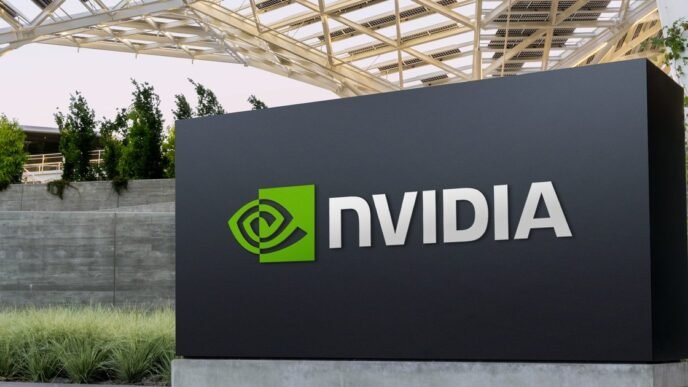In a strategic move to reshape the digital search landscape, Qwant and Ecosia, two notable players in the European tech scene, have embarked on a joint venture to develop their proprietary European search index. This partnership signals a bold step away from their reliance on Big Tech giants like Microsoft’s Bing and Google, leveraging a growing urgency to foster homegrown tech innovation and ensure tech stack sovereignty in Europe.
The Motivation Behind the Alliance
Rising costs and the need for technological independence have prompted this collaborative effort. With Microsoft significantly hiking the prices for Bing’s search APIs last year, the motivation for Qwant and Ecosia to reduce their dependency on external search indexes has never been clearer. Both platforms currently utilize Bing’s search APIs, and Ecosia also incorporates Google’s search results into its service. However, the new initiative, dubbed the European Search Perspective (EUP), aims to cultivate a distinctively European digital ecosystem.
Key Drivers for the Joint Venture
• Cost Reduction: Developing an independent search index will significantly lower operational costs.
• Innovation: The partnership will drive innovation, particularly around generative AI technologies.
• Data Sovereignty: Aligns with European regulations aiming to bolster the bloc’s strategic autonomy.
Strategic Implications of the European Search Perspective
The formation of EUP is not just about developing new technology but also about redefining what a search engine can do with generative AI. This technology amalgamation holds the potential to enhance user experience uniquely, integrating AI-driven responses with up-to-date search results.
Table: Expected Benefits of the European Search Index
| Benefit | Description |
|---|---|
| Reduced Dependency | Less reliance on Big Tech, granting more control over the search technology. |
| Innovation | Promotes the development of unique search solutions enhanced by AI. |
| Cost Efficiency | Developing their own index reduces costs associated with using third-party APIs. |
| Regulatory Compliance | Meets European regulations on data sovereignty and privacy. |
| Collaborative Growth | Opens up possibilities for other European companies to join and enrich the technology. |
The Role of Generative AI in Search Technologies
As generative AI continues to evolve, its integration into search engines could redefine how users interact with digital information platforms. The EUP aims to harness these advancements to deliver a next-generation search experience that blends search results with AI-powered insights.
The Future of Search: Enhanced by AI
The synergy between generative AI and traditional search could lead to more intuitive, responsive, and user-focused search platforms. Qwant and Ecosia are poised to explore this integration, focusing on how AI can enhance search functionalities without the extensive data collection practices employed by some tech giants.
Challenges and Opportunities
While the potential benefits are substantial, the development of a new search index is fraught with challenges, particularly in terms of data acquisition and processing capabilities.
Overcoming Technical Hurdles
Creating a competitive search index requires significant technical expertise and resources. The joint venture will likely face initial challenges in terms of scaling and delivering search results with the speed and accuracy that users expect from established players like Google and Bing.
Potential for Market Disruption
This initiative could significantly alter the competitive landscape of search engines. By reducing their reliance on Bing and Google, Qwant and Ecosia are not only enhancing their operational independence but also positioning themselves as pioneers in a new era of search technology.
Conclusion: A Strategic Shift in European Tech
The collaboration between Qwant and Ecosia could herald a new chapter in the search engine industry, particularly in Europe. By developing their own search index, these companies are not just aiming to innovate but also to inspire a shift towards more sustainable and autonomous technological practices in the digital age.
As the project progresses, the tech community and potential investors will closely watch, anticipating the broader implications for the global search engine market and European digital sovereignty.
This initiative between Qwant and Ecosia is a prime example of European innovation in action, aiming to create a more independent and competitive landscape in the technology sector. The development of their own search index not only paves the way for advancements in AI integration but also reflects a growing trend towards regional self-sufficiency in technology.













